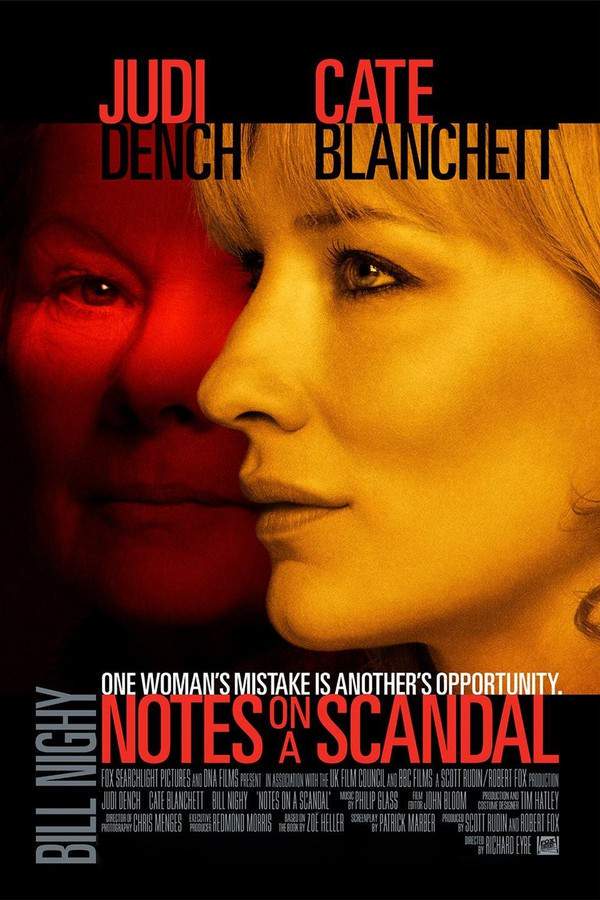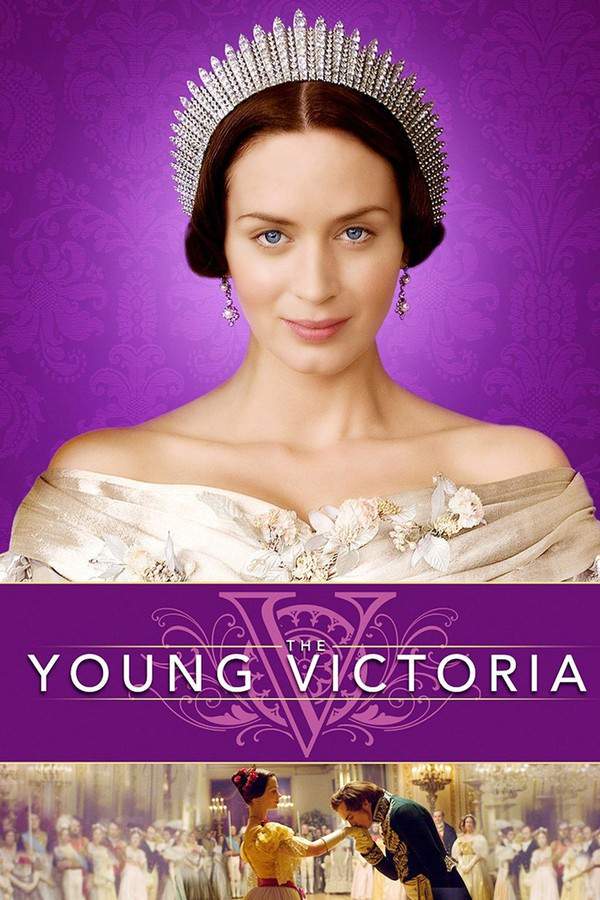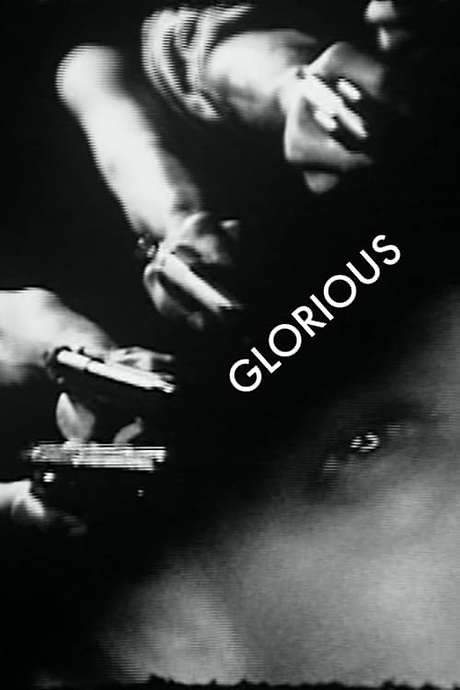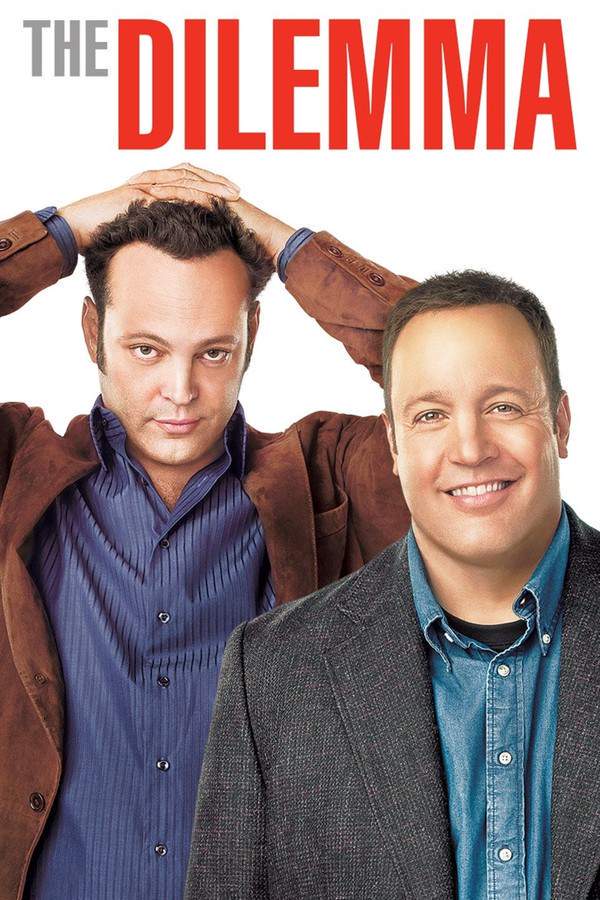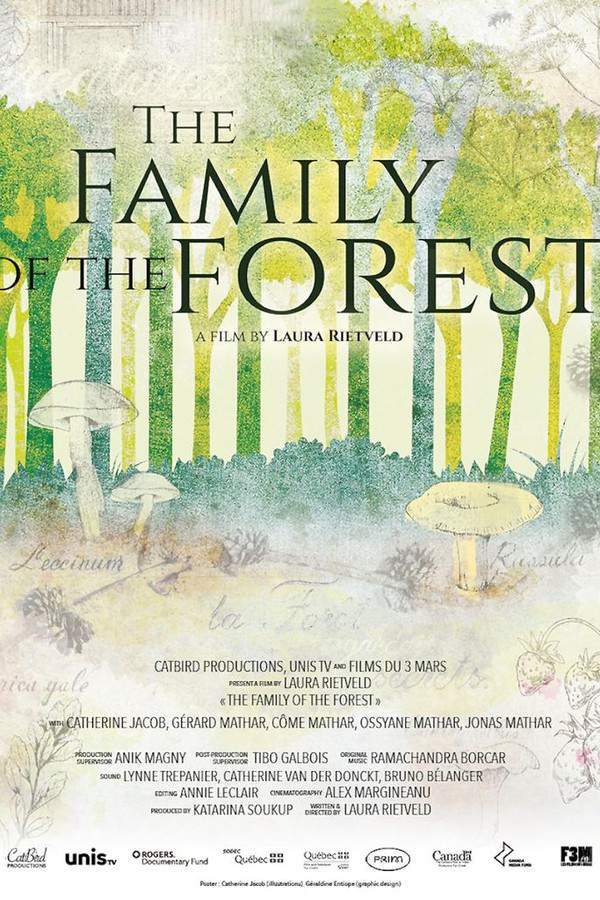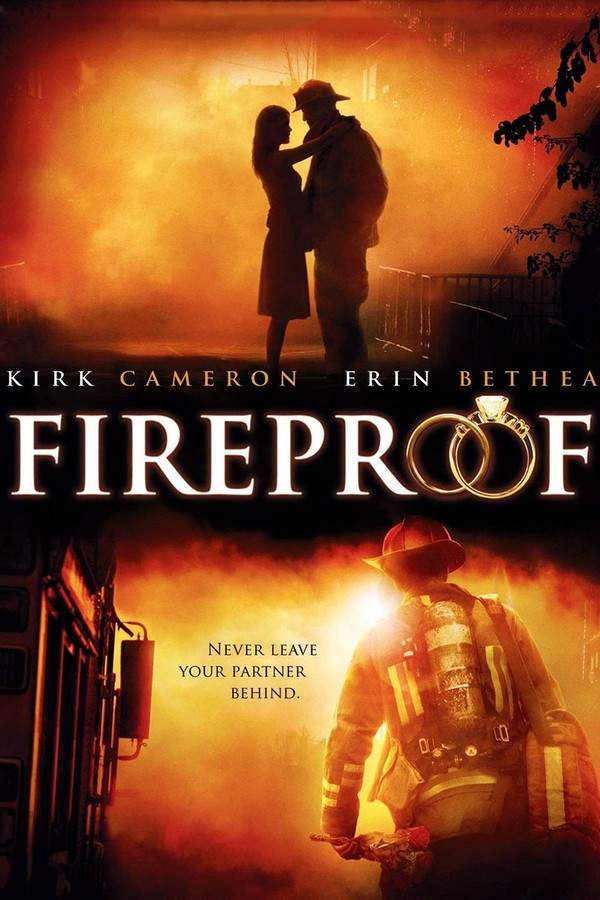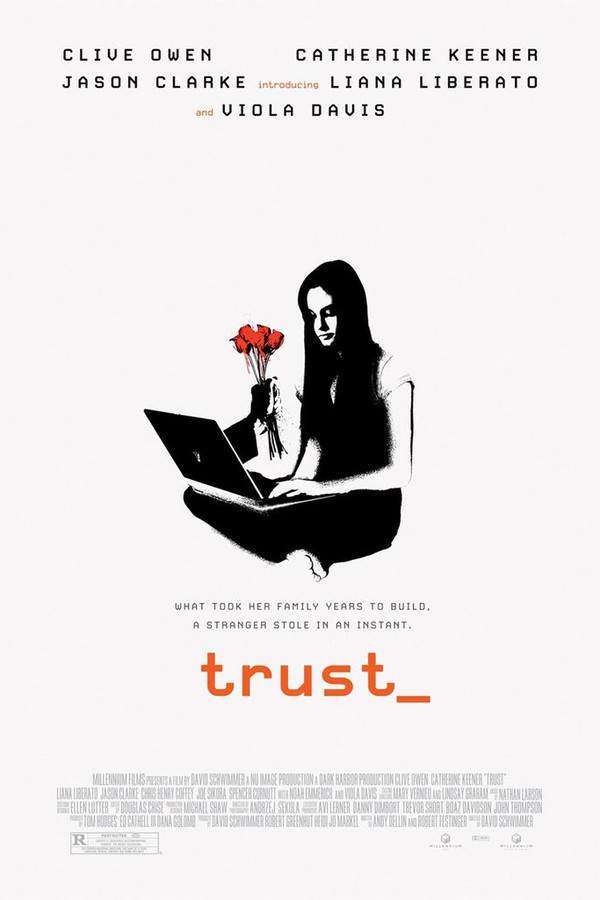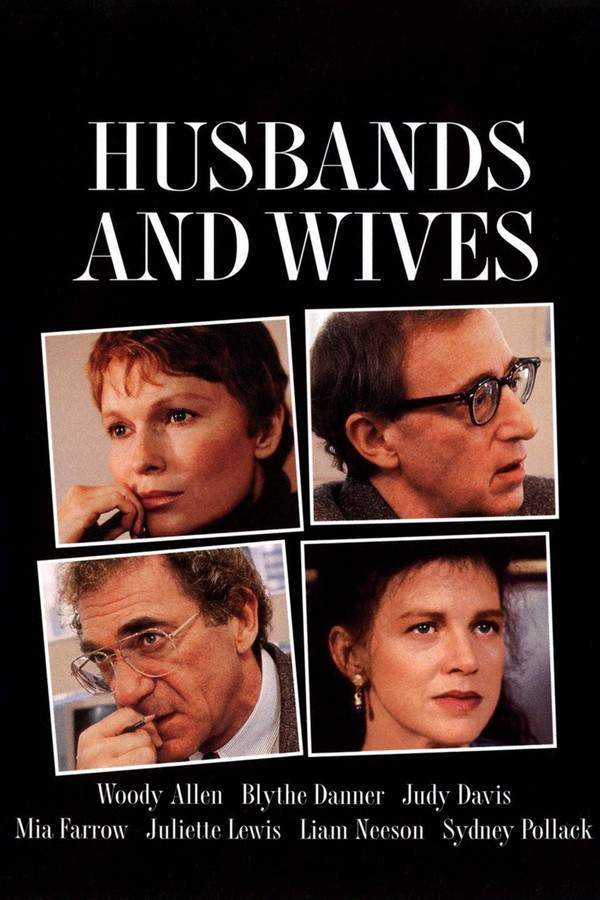
An Ideal Husband
Year: 1947
Runtime: 96 mins
Language: English
Director: Alexander Korda
“An Ideal Husband has to look to his future…a woman has to look to her past!” A powerful politician prepares to reveal a financial scandal, but a woman who invested heavily in the scheme threatens to expose a damaging secret from his past if he labels the venture a fraud. His dilemma deepens as his wife cannot tolerate any character flaw as stakes rise.
Warning: spoilers below!
Haven’t seen An Ideal Husband yet? This summary contains major spoilers. Bookmark the page, watch the movie, and come back for the full breakdown. If you're ready, scroll on and relive the story!
An Ideal Husband (1947) – Full Plot Summary & Ending Explained
Read the complete plot breakdown of An Ideal Husband (1947), including all key story events, major twists, and the ending explained in detail. Discover what really happened—and what it all means.
London, 1895 sets the stage for a social drama where public virtue and private secrets collide. Mrs. Laura Cheveley, Paulette Goddard, has just returned from Vienna with a bold plan to procure power for herself and to challenge a man famed for his unassailable integrity. Sir Robert Chiltern, Hugh Williams, is a government minister celebrated for his honesty, while his wife, Gertrude Chiltern, Diana Wynyard, clings to strict moral codes and distrusts anything that smells of deceit. Sir Robert’s younger sister, Mabel Chiltern, Glynis Johns, watches the courtship of society with a mix of warmth and wry observation. Arthur Goring, Michael Wilding, an unmarried and free-spirited bachelor, moves through their circle with charm and a tantalizing nonchalance, while the elder statesman, the Earl of Caversham, C. Aubrey Smith, eyes the upcoming marriage prospects for his son. The stage is set for a confrontation that will test loyalty, love, and the very idea of a flawless public image.
At a lavish party hosted by the Chilterns, Mrs. Cheveley tries to coerce Sir Robert into backing a government-financed canal scheme she claims will benefit Britain. She wields incriminating letters from years past that reveal how he amassed his fortune through knowledge of the canal’s funding, a past he once used to rise to power. He initially resists the pressure, but the fear of scandal nudges him toward a compromised stance. Before the party ends, Mrs. Cheveley confides in Lady Chiltern, a former schoolmate, that Sir Robert will support the canal bill—an announcement that would shock the woman’s husband into contradicting his own ideals. As the guests depart, Arthur and Mabel notice a brooch that seems oddly out of place. Goring, who once lent that very brooch to someone he trusted, keeps it in case it is ever claimed, a quiet reminder of past indiscretions and the fragile line between memory and motive. In a tense moment, Sir Robert, pressed by his wife about his sudden shift, writes a letter to Mrs. Cheveley declaring he will oppose the bill, a decision that will soon be tested to its limit.
The following morning, Sir Robert reveals the extent of Mrs. Cheveley’s blackmail attempt to Arthur. Arthur urges him to confess the truth to his wife, arguing that the exposure of any past indiscretion could shatter her faith in him—even if it wrecks his public standing. Sir Robert refuses to reveal his own secrets and instead plots a counter-strategy by trying to manipulate Mrs. Cheveley. Arthur, who once had been engaged to her, doubts the plan and fears the consequences of reopening old wounds. Mrs. Cheveley arrives searching for the lost brooch, and Lady Chiltern informs her that Sir Robert will speak against the canal scheme that night. In retaliation, Mrs. Cheveley hints at exposing how Sir Robert once earned his fortune. The confrontation ends with Sir Robert ordering Mrs. Cheveley to leave, and Gertrude’s disillusionment deepens as she recognizes that no one, not even her husband, can live up to the ideal she once imagined.
That night, Lady Chiltern writes an unsigned note to Arthur, seeking his assistance, a gesture that will complicate the moral maze. Arthur tells Mrs. Cheveley that he has her brooch and that she stole it from a society woman, and he even removes the incriminating brooch when she hands him the letter she used to blackmail Sir Robert. Yet she seizes Lady Chiltern’s unsigned note as she leaves, intending to use it to persuade Sir Robert that his wife is involved with Arthur. Lady Chiltern, meanwhile, speaks of the power of forgiveness, acknowledging that love and trust can still endure even when truth exposes flaws.
In the House of Commons, Mrs. Cheveley watches from the women’s gallery as Sir Robert publicly denounces the canal scheme. The next day, Lord Caversham presses his son once more to marry and settle into a conventional life. Arthur, true to his nature, proposes to Mabel, offering a path toward happiness that defies the era’s rigid expectations. Lady Chiltern arrives with the unsigned note and Arthur’s account of Mrs. Cheveley’s plot, and she hands the note to Sir Robert, who reads it as proof of his wife’s steadfast love and willingness to forgive. This exchange reshapes the couple’s futures: Sir Robert is offered a high Cabinet position by Lord Caversham, and Arthur urges Lady Chiltern to allow her husband to remain in public life, recognizing that their bond can survive even the sting of temptation and betrayal. Mrs. Cheveley departs, her schemes having failed to disrupt the Chilterns’ union, leaving behind a nuanced meditation on virtue, forgiveness, and the complexities of high society.
Last Updated: October 09, 2025 at 11:04
Explore Movie Threads
Discover curated groups of movies connected by mood, themes, and story style. Browse collections built around emotion, atmosphere, and narrative focus to easily find films that match what you feel like watching right now.
Victorian High Society Scandals like in An Ideal Husband
Stories of reputation, blackmail, and secrets within the rigid world of the upper class.Explore more movies like An Ideal Husband, featuring dramatic tales of blackmail and moral compromise within the strict social world of the upper class. These stories often involve tense confrontations, witty dialogue, and a focus on the conflict between public image and private failings.
Narrative Summary
The narrative typically centers on a protagonist whose hidden sin from the past is used against them, creating a high-stakes dilemma that tests their relationships and moral fiber. The story is driven by social maneuvering, tense conversations, and the threat of public ruin, often culminating in a confrontation that either redeems or condemns the character.
Why These Movies?
Movies in this thread are grouped by their shared setting in a formal, historical upper-class society and their core plot mechanism of a secret being leveraged for blackmail, creating a specific kind of tense, dialogue-driven drama.
Moral Dilemmas and Marital Forgiveness like in An Ideal Husband
Character-driven stories where a spouse's hidden flaw tests a marriage to its limits.Find movies like An Ideal Husband that focus on a marital crisis triggered by a moral failing from the past. These character-driven stories explore themes of forgiveness, idealized love versus human imperfection, and the tense journey towards reconciliation.
Narrative Summary
The story follows a seemingly perfect relationship that is fractured when a spouse's long-buried secret is exposed. This creates an intense internal and interpersonal conflict, exploring themes of hypocrisy, unconditional love, and redemption. The emotional journey involves confrontation, despair, and ultimately a hopeful resolution centered on the hard-won grace of forgiveness.
Why These Movies?
These films are united by their focus on a specific marital crisis narrative: the clash between an idealized perception of a partner and their human fallibility, leading to a tense but ultimately hopeful exploration of forgiveness.
Unlock the Full Story of An Ideal Husband
Don't stop at just watching — explore An Ideal Husband in full detail. From the complete plot summary and scene-by-scene timeline to character breakdowns, thematic analysis, and a deep dive into the ending — every page helps you truly understand what An Ideal Husband is all about. Plus, discover what's next after the movie.
An Ideal Husband Timeline
Track the full timeline of An Ideal Husband with every major event arranged chronologically. Perfect for decoding non-linear storytelling, flashbacks, or parallel narratives with a clear scene-by-scene breakdown.

Characters, Settings & Themes in An Ideal Husband
Discover the characters, locations, and core themes that shape An Ideal Husband. Get insights into symbolic elements, setting significance, and deeper narrative meaning — ideal for thematic analysis and movie breakdowns.

An Ideal Husband Spoiler-Free Summary
Get a quick, spoiler-free overview of An Ideal Husband that covers the main plot points and key details without revealing any major twists or spoilers. Perfect for those who want to know what to expect before diving in.

More About An Ideal Husband
Visit What's After the Movie to explore more about An Ideal Husband: box office results, cast and crew info, production details, post-credit scenes, and external links — all in one place for movie fans and researchers.

Similar Movies to An Ideal Husband
Discover movies like An Ideal Husband that share similar genres, themes, and storytelling elements. Whether you’re drawn to the atmosphere, character arcs, or plot structure, these curated recommendations will help you explore more films you’ll love.
Explore More About Movie An Ideal Husband
An Ideal Husband (1947) Scene-by-Scene Movie Timeline
An Ideal Husband (1947) Movie Characters, Themes & Settings
An Ideal Husband (1947) Spoiler-Free Summary & Key Flow
Movies Like An Ideal Husband – Similar Titles You’ll Enjoy
Husbands and Wives (1992) Full Movie Breakdown
An Ideal Husband (1999) Plot Summary & Ending Explained
An Ideal Husband (1980) Film Overview & Timeline
The Constant Husband (1955) Story Summary & Characters
The Perfect Husband (1993) Plot Summary & Ending Explained
Smart Woman (1931) Full Movie Breakdown
Perfect Understanding (1933) Full Summary & Key Details
Day-time Wife (1939) Plot Summary & Ending Explained
Her Husband’s Secretary (1937) Plot Summary & Ending Explained
My Wife’s Best Friend (1952) Film Overview & Timeline
Wife vs. Secretary (1936) Film Overview & Timeline
The Ideal Man (1996) Plot Summary & Ending Explained
Calling All Husbands (1940) Movie Recap & Themes
The Perfect Gentleman (1935) Detailed Story Recap
Husband Hunters (1927) Movie Recap & Themes


